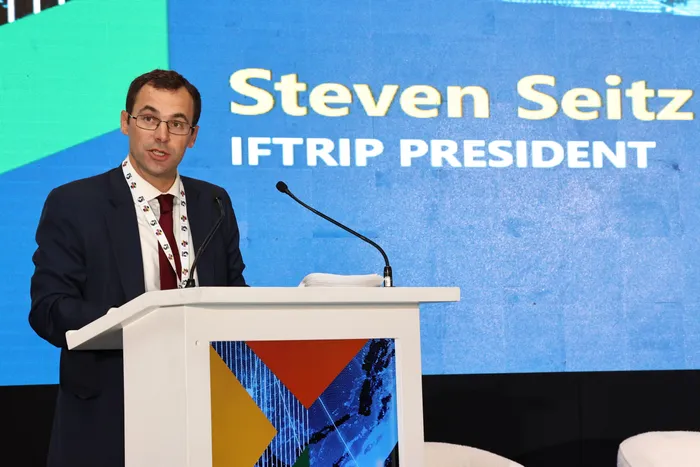SA hosts the International Terrorism and Risk Insurance conference for the first time
Further positioning the country as a key player in global discussions on economic stability and resilience
SA made history by hosting the International Forum of Terrorism Risk Insurance Pools (IFTRIP) conference for the first time in 2025, bringing together some of the world’s leading experts in terrorism, risk insurance, and global resilience. The forum addressed an ever-growing array of challenges, including geopolitical tensions, climate disruption, and the rise of political violence.
More than 20 terrorism reinsurance pools from countries including the UK, France, Germany, India, Australia, and the US attended, along with representatives from government agencies, insurance companies, and global risk experts. The timing of this conference was particularly significant as SA assumed the G20 Chairship for 2025, further positioning the country as a key player in global discussions on economic stability and resilience.

Global risk and insurance leaders address rising geopolitical and environmental threats.
Image: Supplied
"Hosting the IFTRIP Conference in 2025 was a significant moment for South Africa. As the world faces rising geopolitical tension, advanced cyber threats, climate disruption, and the resurgence of political violence, collaboration is no longer optional. This forum was about shared learning, joint problem-solving, and laying the foundation for a more resilient global future,” said Mpumi Tyikwe, CEO of Sasria SOC Ltd.
Key topics of the conference included terrorism financing, cyber terrorism, election-related risks, migration patterns, and the climate crisis. The forum catalysed new global partnerships and encouraged innovative approaches for how governments and insurers can respond to increasingly complex and interconnected risks.
Marina Oberholzer, a key speaker from Swiss Re, highlighted the global surge in terrorist attacks and the growing security challenges facing the world. "The global rise in terrorist attacks over the past decades is alarming. From the sharp increase in attacks post-2000 to the widespread impact across regions in 2014, the world faces complex security challenges," she said. "We need global collaboration and resilience to address these threats."
Oberholzer’s statement was reinforced by the rising global unrest that has resulted in devastating financial losses, with incidents like the 2020 George Floyd protests in the United States and the 2019 riots in Chile costing billions. "Key drivers of these disturbances include social media, climate change, and growing inequality," Oberholzer explained. "As we navigate these turbulent times, international cooperation is crucial to mitigate the impacts."
The conference also addressed the significant burden of non-communicable diseases, which accounted for 74% of global deaths in 2019. "Chronic conditions like heart diseases, cancers, respiratory diseases, diabetes, and neurological disorders remain a key challenge," Oberholzer said, emphasising the interconnectedness of health, risk, and resilience.
Through open dialogue and collaborative problem-solving, IFTRIP 2025 sought to spark innovation and strengthen the global insurance framework to better respond to these escalating risks. South Africa’s leadership in hosting this conference presented a unique opportunity to promote international partnerships and solutions that prioritise resilience and long-term stability.
"As we reflect on the conference," concluded Tyikwe, "IFTRIP 2025 was a pivotal platform for sharing insights, fostering partnerships, and forging solutions that strengthen our collective ability to mitigate risk and create a more secure world for all."
With these timely discussions, IFTRIP 2025 has made significant strides in building a resilient global community capable of confronting and managing the increasingly complex risks of the modern era.
Related Topics:
